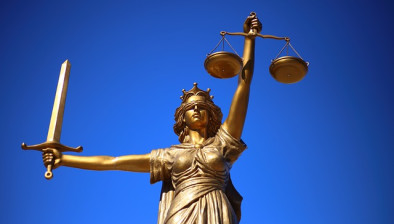Rights watch

A round-up of human rights stories from around the world.
Israel slams UN probe on deliberate attacks to destroy Gaza’s health system
Inquiry accused Israeli forces of killing and torturing medical personnel and restricting patients from leaving enclave.
Human Rights Watch reports torture in Rwanda detention facilities
The Rwandan authorities are committing serious human rights violations in detention centres, notably by torturing detainees, the NGO Human Rights Watch warned on Tuesday, denouncing the impunity enjoyed by those responsible.
David Lammy urged to raise human rights concerns on China trip
Exclusive: Group of UK MPs says foreign secretary must ‘engage with China as it really is’ amid rapprochement drive.
Human rights advocate Ethel Kennedy dies at 96
Ethel Kennedy, a human rights advocate and the widow of Robert F Kennedy, has died aged 96, her family says.
The Nigerian government has refuted claims that the country was snubbed in the recent elections which saw five African countries elected as new members of the United Nations Human Rights Council (UN-HRC). The President’s adviser explained that Nigeria did not seek the position as the continent fielded the same number of candidates as available seats.
Back off, Azerbaijan tells human rights critics ahead of COP29
Baku has come under fire for a crackdown on dissidents ahead of hosting the prestigious climate change talks.
‘Human Rights’ Violations – Spain Urges EU to Suspend Trade Deal with Israel
Spanish Prime Minister Pedro Sanchez has called on other members of the European Union to respond to Madrid and Ireland’s request to suspend a free trade agreement with Israel over its ongoing military assault on Gaza and Lebanon.
Legislating Reproductive Rights: Brazil’s Institutional Battle Over Abortion Laws
In May, the Brazilian parliament introduced a bill that included a gestational age limit for performing abortions, even in cases where the pregnancy resulted from rape. In practice, the bill would criminalize women who were victims of sexual violence, especially young girls.
Governments increasingly rely on algorithmic systems to support consequential assessments and determinations about people’s lives, from judging eligibility for social assistance to trying to predict crime and criminals. Latin America is no exception.









